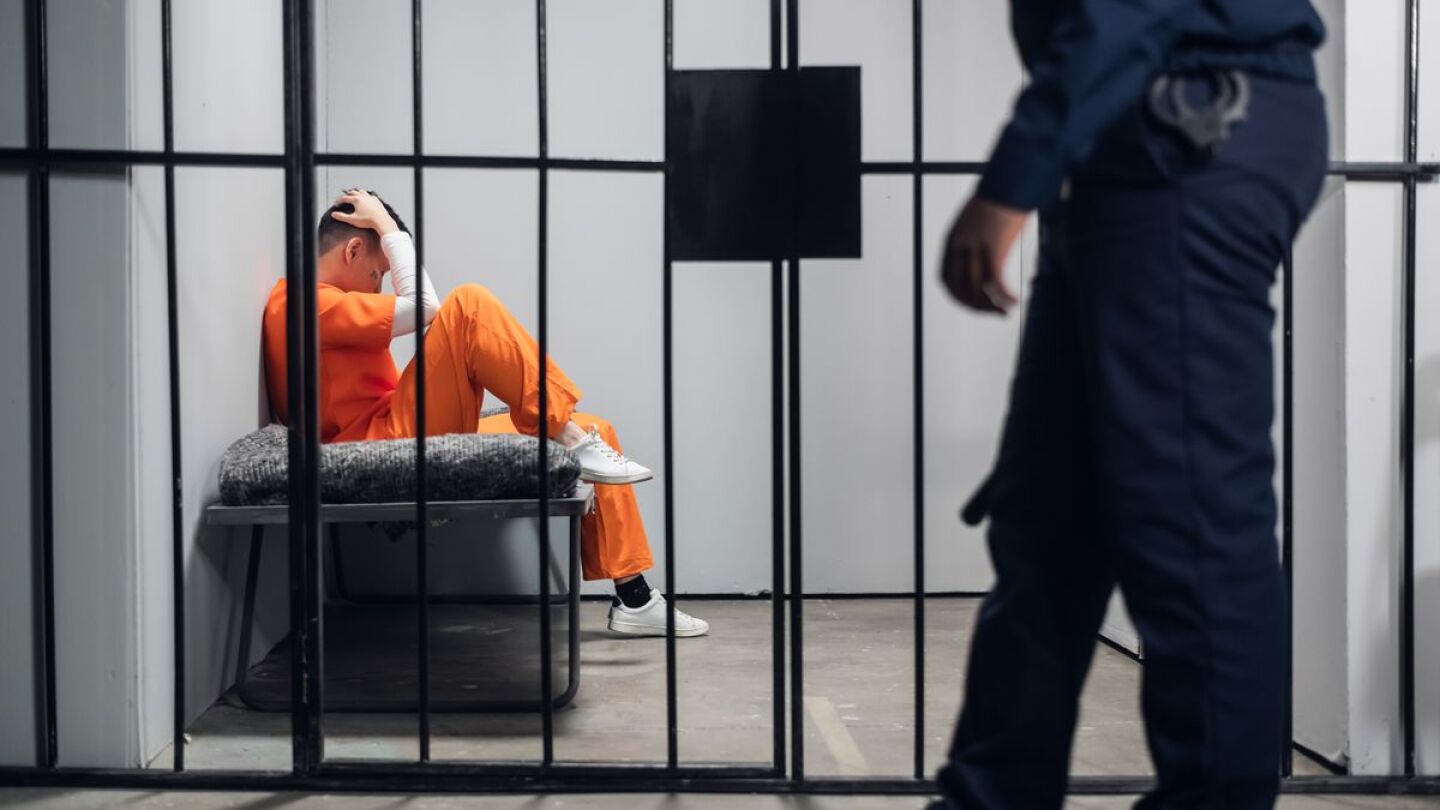Re-Entry and Recidivism
The Re-Entry and Recidivism section focuses on the challenges and strategies for helping former inmates successfully reintegrate into society while reducing the likelihood of reoffending. This directory provides articles and resources on effective re-entry programs, support services, and policies to lower recidivism rates. Understanding these concepts is vital for correctional professionals promoting rehabilitation and public safety. For more on inmate support, explore our section on Parole and Probation.
The “Virginia Model,” an incentive-based approach, offers more visitation, programs and comforts while removing inmates who break rules
Programs cut include those supporting police officer wellness, corrections reentry, victim services, mental health and crime reduction
Jovan Jackson, Nevada’s first formerly incarcerated state legislator, said the law, which goes into effect Oct. 1, will create new training opportunities
The recidivism rate dropped 1.7 percentage points from the previous state calendar year
States are making the investment to strengthen the bond between workforce agencies and state and local corrections entities
The bill would automatically seal conviction and arrest records for most ex-offenders who are not convicted of another felony for four years after completing their sentences
Michael DiVincino was able to rehabilitate himself from within the prison system while serving as “sort of an unofficial mentor” to many younger inmates
The attack killed Rochester Police Officer Anthony Mazurkiewicz and wounded Officer Sino Seng as the two sat in an unmarked vehicle
Bob Casey, D- Pa., helped secure the grant to increase Inside/Out’s efforts to reduce recidivism and increase employment opportunities
An official said changing the way people address substance use disorder can be a long-term solution for jail overcrowding
State appeals court decision asks criminal court to determine if an expert’s testimony on recidivism was false and inaccurate
The U.S. Department of Labor’s Employment and Training Administration grant seeks to improve employment opportunities and reduce recidivism of adults reentering the workforce after incarceration
Jail leaders must “take out the emotion” about the medication prescribed through the MAT programs, Lt. Staci Shaffer said
The grant will enable drug counselors to conduct a six-month program at seven prisons to help inmates break substance abuse habits
How an innovative jail program helped an inmate find his purpose and start again
It’s a theme the former politician is well-suited to promoting, after his stint in prison for corruption crimes
The law also removes a section in state statute that says “every able-bodied inmate shall be put to and kept at” work
Inmates “know there is no retribution for going off the rails,” one staff member said
“It’s probably one of the best programs we’ve ever done here at the facility,” Sheriff Michael Filicetti said
Under private management, the facility has been plagued by inmate deaths, attacks on officers, and mistreatment by supervisors
A proposed program would see inmates from the area transferred about six months before their parole date
“We wish him the best and applaud him for his sense of humanity,” Sheriff Jon Hayden said in a now-viral Facebook post
By providing too many privileges to its max-security inmates, Ohio is both undercutting its reformatory mission and putting the safety of everyone behind the wall at risk
“It made me start the grieving process all over again knowing he was free and they are dead,” a family member said
The former four-term Republican governor says he’s had a change of heart in his approach to criminal justice
“This is a critical outcome to be aware of as jails nationwide consider whether to offer this type of healthcare,” said the study’s lead author
The First Step Act is intended to encourage inmates to participate in programs aimed at reducing recidivism
Graduates are connected with member companies and start working within five days after their release
“This is a prison where the incarcerated individuals actually write staff gratitude letters upon graduation,” said one officer
Reentry support in resource-strapped rural communities is critical for individuals to successfully transition from correctional settings to the community
The ADEPT certification is designed to give recipients a competitive employment edge
The degree program is offered free to the inmates and will not incur an expense for the Department of Corrections
“I’m here to let inmates know that they can get a job, make a livable wage and get out of their former lifestyle,” said one employer
































